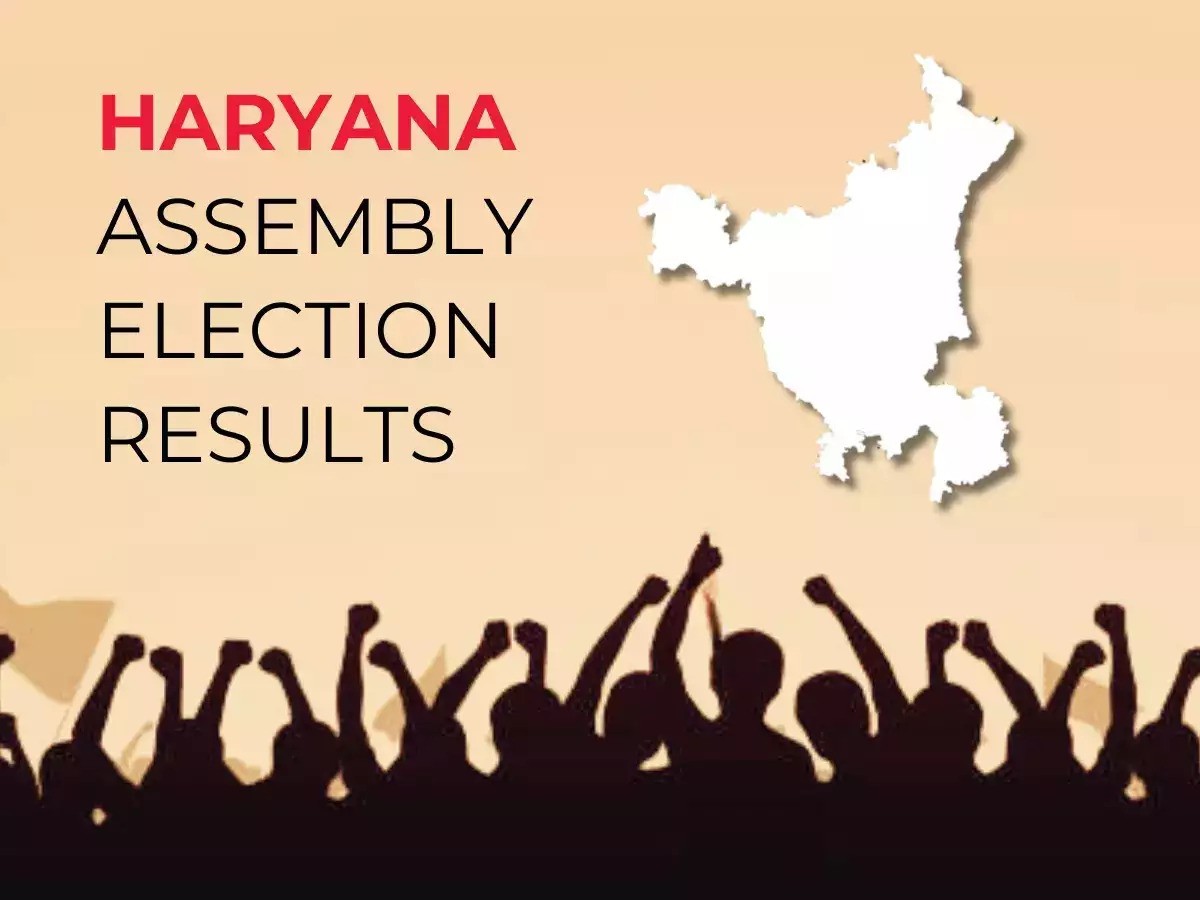UK NEWS – In a significant turn of events, the early results from the assembly elections in Haryana and Jammu & Kashmir have showcased mixed fortunes for Prime Minister Narendra Modi’s Bharatiya Janata Party (BJP). As the party strives for a third consecutive term in Haryana and seeks to establish its presence in the federal territory of Jammu & Kashmir—where elections have not been held for a decade—the stakes are extraordinarily high. Early trends indicate that while the BJP appears to be on track to retain power in Haryana, its performance in Jammu & Kashmir remains uncertain, facing stiff competition from the Congress-National Conference (NC) alliance.
The elections are particularly pivotal for the BJP in Haryana, where the party has defied predictions from various exit polls that suggested a potential loss to the Indian National Congress. By midday on election day, the BJP had crossed the crucial halfway mark, leading in 49 out of 90 constituencies. In contrast, the Congress, which has historically been a formidable opponent in the region, is grappling with a challenging electoral landscape. Haryana Chief Minister Nayab Singh Saini expressed confidence in the BJP’s performance, stating, “On October 8, we will form the government,” while suggesting that the Congress might blame Electronic Voting Machines (EVMs) for any electoral losses. This reflects a broader trend of political leaders attributing electoral outcomes to technical issues rather than addressing the complexities of voter sentiment.
In Jammu & Kashmir, however, the situation presents a starkly different narrative. The region, which has been in political limbo since its special status was revoked under Article 370 in 2019, is witnessing a fiercely contested election. Exit polls have suggested a lead for the Congress-NC alliance, which is expected to secure a majority of the seats. The BJP, which has struggled to gain traction in the region historically, is projected to increase its seat count but remains significantly behind its rivals. By the same afternoon, the Congress-NC alliance was ahead in 47 constituencies while the BJP led in 29, showcasing the complex political dynamics at play.
The voter turnout in Haryana reached an impressive 67.90%, indicating strong public engagement in the electoral process. Meanwhile, Jammu & Kashmir saw a turnout of 63.45%, a slight decline compared to the 65.52% recorded in the 2014 elections. The comparatively lower turnout in Jammu & Kashmir could suggest voter apathy or disenchantment with the political process, particularly in light of recent political upheavals in the region. The BJP’s strategy and messaging in the territory will be scrutinized, especially given its previous struggles to resonate with local voters.
Compounding the challenges for the BJP in Jammu & Kashmir is the rise of regional political forces. Once a dominant party in the region, the People’s Democratic Party (PDP) appears to be on shaky ground, facing predictions of a poor showing in this election. The shifting allegiances and emerging political narratives underscore the complexities of electoral politics in Jammu & Kashmir, where local sentiments often diverge sharply from national narratives. The fate of the BJP in this region will likely hinge on its ability to effectively communicate its agenda and address local concerns, particularly regarding governance and development.
Moreover, the BJP’s decision to allow the lieutenant governor of the Union Territory to appoint members to five reserved seats has sparked significant controversy. Critics argue that this move undermines democratic principles and raises questions about the party’s commitment to a fair electoral process. Such actions may alienate potential voters and further complicate the BJP’s efforts to build a robust political foundation in Jammu & Kashmir. The party’s handling of this issue will be critical in shaping public perception as results continue to unfold.
As the results of these elections are further analyzed, the implications for the BJP are profound. Retaining power in Haryana would solidify the party’s position in a key northern state, while any setbacks in Jammu & Kashmir could signify broader challenges ahead for the party in the region. The outcomes will undoubtedly influence the BJP’s strategies moving forward, as it navigates an increasingly complex political landscape characterized by regional aspirations, local sentiments, and the ever-evolving dynamics of national politics. With the electoral fate of both states hanging in the balance, all eyes remain on the final results and what they will mean for the BJP’s future trajectory.



